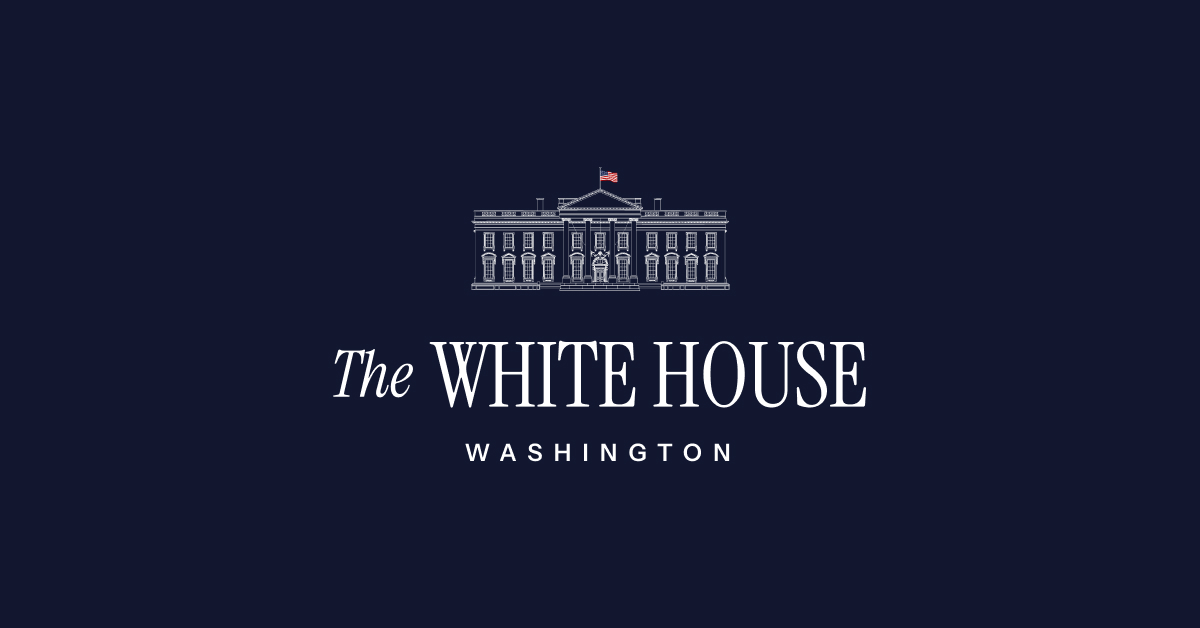
TO: White House Communications Staff
FROM: Office of Management and Budget Staff
SUBJECT: The One Big Beautiful Bill Improves the Fiscal Trajectory
Topline: The One Big Beautiful Bill Act (OBBB) significantly improves our nation’s fiscal trajectory by including $1.7 trillion in mandatory savings—the most in United States history—and unleashing economic growth with the implementation of President Trump’s tax policies. Upon enactment of the OBBB, the Trump Administration will have embarked on actions that reduce deficits by at least $6.6 trillion over 10 years.
Highest Level of Mandatory Savings in History: The OBBB dwarfs the mandatory savings included in the high-profile deficit reduction bills of the past. Specifically, it achieves substantially more mandatory spending reductions than the Deficit Reduction Act of 2005 ($140 billion), the Balanced Budget Act of 1997 ($800 billion), the Omnibus Budget Reconciliation Act of 1993 ($370 billion), and the Omnibus Budget Reconciliation Act of 1990 ($440 billion) on an inflation adjusted basis.
The One Big Beautiful Bill Reduces the Deficit: There is no political universe in which Republicans in Congress would allow a 40% tax hike by not extending the 2017 Tax Cut and Jobs Act (TCJA). The Congressional Budget Office (CBO), using conventions that ignore political reality, estimated the effects of the TCJA continuation relative to a baseline that assumed the TCJA would expire, thereby raising taxes by almost $3.8 trillion. An honest portrayal of current future deficits adjusts for the continuation of the TCJA:
| Baseline Deficits | Deficit Impact ($ billions) |
|---|---|
| CBO Baseline Deficit (+) FYs 2025-2034 | $21,092 |
| TCJA Extension | $3,760 |
| Change in Debt Service | $594 |
| Current Baseline Deficit | $25,445 |
On its own, the OBBB reduces the deficit by over $1.4 trillion. Net mandatory savings of $1.7 trillion are partly offset by increases in one-time spending to finally and fully secure the border to defend our Nation from invasion, and to lower taxes from policies such as no tax on tips or overtime that are partly offset with loophole closers in the tax code. The net deficit reduction totals $1.407 trillion, as shown below:
| Deficit Effect of Policies in OBBB | Deficit Impact ($ billions) |
|---|---|
| Border/Defense Spending | $297 |
| Net Mandatory Savings | ($1,675) |
| Net New Trump Tax Cuts | $130 |
| Other Non-Tax Revenues | ($95) |
| Change in Debt Service | ($63) |
| Total Deficit Reduction from OBBB | ($1,407) |
It is important to note that the $1.7 trillion in mandatory savings are permanent changes in law, which will continue to yield savings long into the future.
Trump Administration Policies Cut the Deficit Sharply: OBBB is just one aspect—albeit a significant one—of the Trump Administration’s deficit reduction strategy, which includes increased tariff revenues, significant discretionary spending cuts, and reversing Biden administration policies that expanded welfare benefits through regulations. Including those items, the Administration has in less than five months started deficit reduction that could exceed $6.7 trillion over 10 years:
| Total Deficit Effect of Trump Policies | Deficit Impact ($ billions) |
|---|---|
| Net Impact of OBBB | ($1,407) |
| Tariffs to Date | ($2,800) |
| Discretionary Spending (FYs ’25 and ’26) | ($1,555) |
| Change in Debt Service | ($759) |
| Regulatory Changes1 | ($170 – $400) |
| Deficit Reduction from Trump Policies | ($6,691 – $6,921) |
The reduction in deficits will be even larger if—as the Administration expects—economic growth from low taxes, regulatory relief, reciprocal trade, unleashing American energy and cutting spending is significantly higher than projected by the CBO.
Bottom Line: While there is more work to be done to deliver on President Trump’s commitment to balance the budget, doing so is not possible without enactment of the OBBB.
